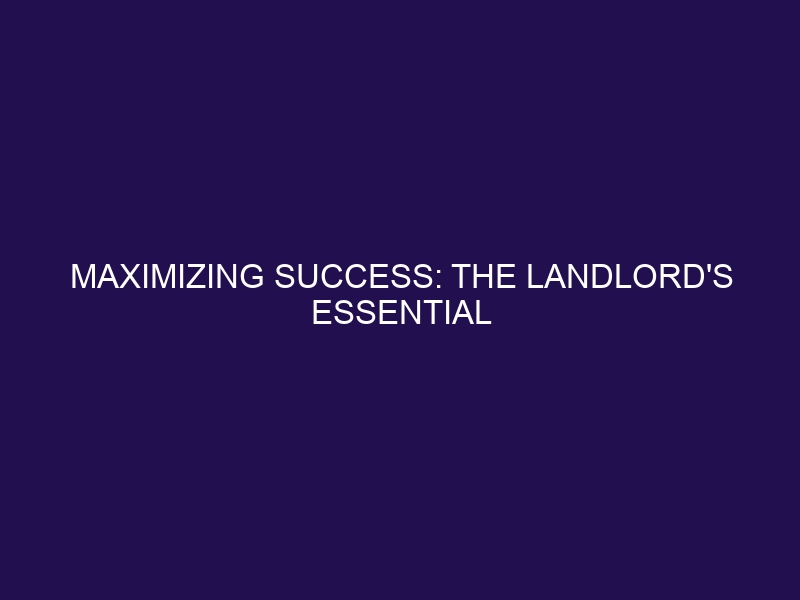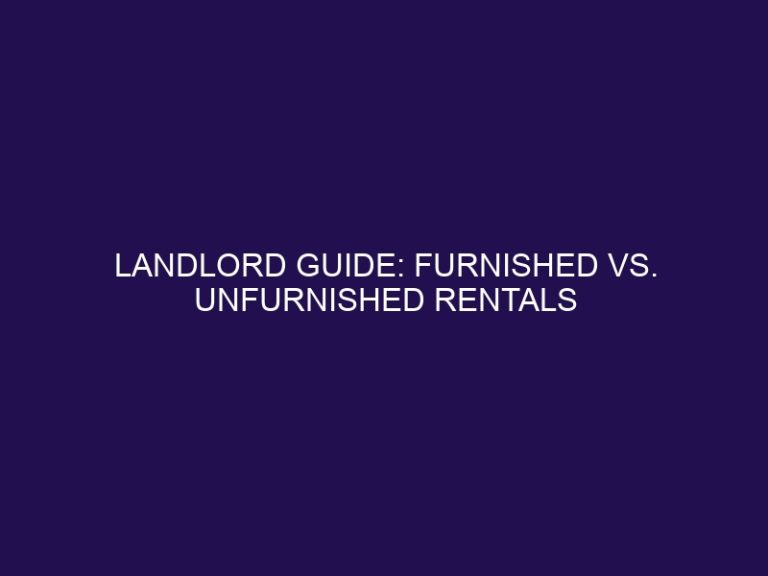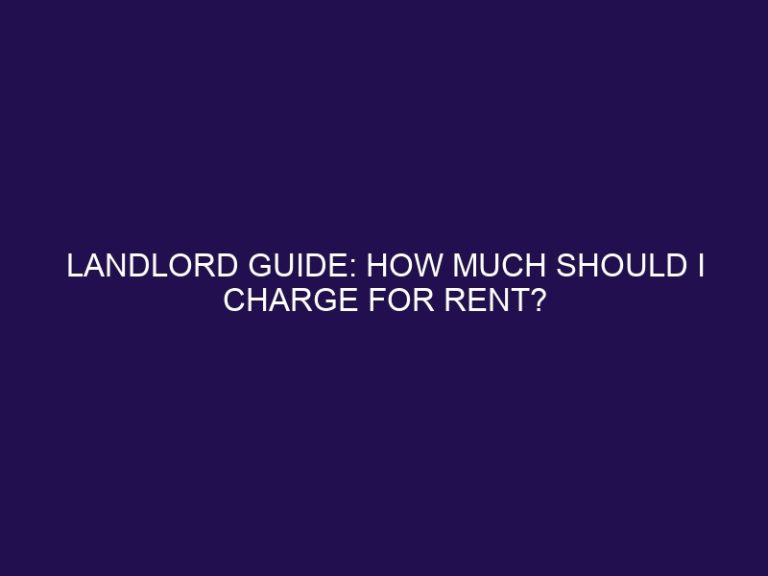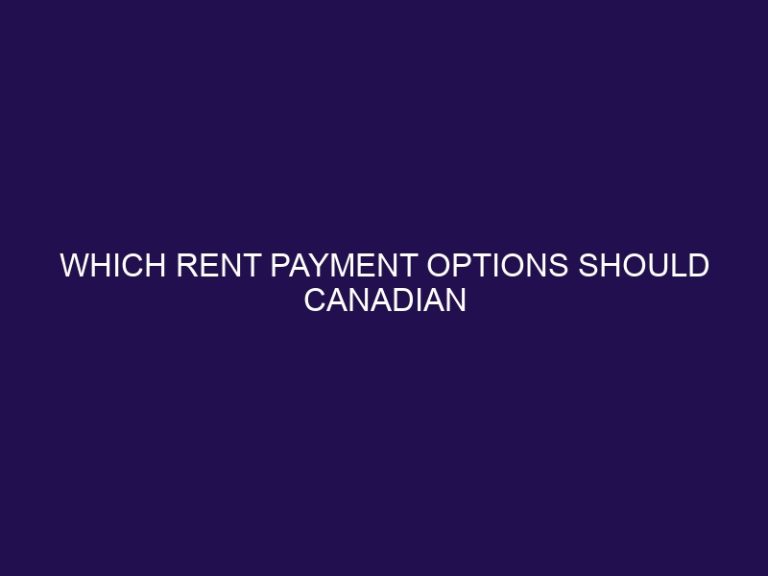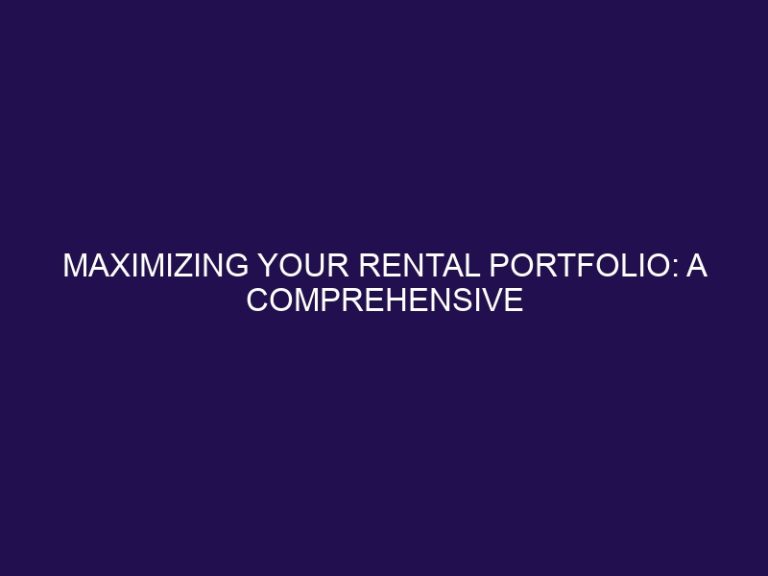Maximizing Success: The Landlord’s Essential Toolkit
Welcome to the comprehensive guide to landlord engagement, where we will delve into the essential components and strategies for successful engagement with landlords. Whether you are a property manager, housing organization, or community stakeholder, understanding the local context and coordinating with stakeholders are fundamental to effective landlord engagement.
This article will provide an overview of landlord engagement, essential components, and strategies, as well as address common challenges in the process. By the end of this article, you will have a thorough understanding of the resources and strategies needed for successful landlord engagement. So, let’s begin our exploration of the essential components and strategies for successful landlord engagement.
Key Takeaways:
Introduction to Landlord Engagement Toolkit
The Introduction to Landlord Engagement Toolkit aims to provide a comprehensive guide for effectively engaging landlords in housing programs, leveraging the experience and insights from Housing First program participants and local community stakeholders.
A successful landlord engagement is crucial for the effective implementation of housing programs, as it ensures the availability of quality rental units and promotes stable housing for individuals and families.
The Landlord Engagement Toolkit offers practical strategies and resources to establish positive relationships with landlords, address their concerns, and communicate the benefits of participating in housing initiatives.
By fostering collaboration between housing providers, community organizations, and landlords, the toolkit contributes to building a supportive and inclusive housing community.
Overview of Landlord Engagement
The overview of landlord engagement delves into the fundamental strategies and approaches for building effective partnerships with landlords, fostering a supportive environment for housing programs, while integrating valuable insights from program participants and local community stakeholders.
Engaging with landlords goes beyond securing housing units; it involves building a collaborative relationship where both the property owner and the housing program have a mutual understanding of the benefits and responsibilities. This requires proactive communication, establishing clear expectations, and providing support systems to address any concerns or issues that may arise.
Effective landlord engagement also encompasses creating a sense of community involvement by highlighting the positive impact of housing stability on individuals and families, thereby encouraging more landlords to participate in the program. Understanding the perspectives of program participants and local community stakeholders is essential for bridging the gap between housing providers and those seeking affordable housing, leading to more inclusive and sustainable housing solutions.
Understanding the Local Context
Understanding the local context is essential for tailoring landlord engagement approaches to the specific challenges and opportunities present within the community, necessitating a comprehensive survey of local housing dynamics, challenges, and stakeholder perspectives.
By comprehensively understanding the unique dynamics of a community, housing providers can effectively address local-specific challenges such as affordability, accessibility, and cultural considerations, which are often critical factors influencing landlord engagement.
The insights garnered from community surveys not only help in identifying pressing issues but also pave the way for a tailored approach, fostering collaboration between landlords, residents, and local authorities to devise impactful solutions that resonate with the community’s needs and aspirations.
Coordinating with Stakeholders
Coordinating with stakeholders involves effectively mobilizing local resources, financial support, and aligning policies and procedures with the collective goal of fostering positive landlord engagement and sustainable housing strategies within the community.
Stakeholder coordination is instrumental in creating a cohesive approach towards sustainable housing initiatives. Through inclusive resource mobilization, diverse stakeholders can contribute their unique strengths. This collaboration enables the pooling of resources, ensuring that they are optimally utilized for addressing housing challenges.
Policy alignment among stakeholders is crucial for establishing a standardized framework that promotes fair and effective housing practices. Streamlining regulatory procedures and ensuring compliance with relevant policies fosters a conducive environment for sustainable housing development.
Securing financial support from stakeholders is vital for implementing sustainable housing strategies. Establishing strategic partnerships and securing funding avenues facilitates the execution of housing initiatives, making these efforts more impactful and sustainable.
Essential Components of Landlord Engagement
The essential components of landlord engagement encompass a multifaceted approach that integrates Housing First strategies, targeted community engagement, financial support, policy development, service provision, and tenant support, creating a comprehensive framework for sustainable and inclusive housing programs.
Implementing Housing First strategies within landlord engagement initiatives is pivotal, as it prioritizes providing secure and permanent housing as the first step. Community engagement plays a vital role in fostering understanding and collaboration between landlords and tenants, forging support networks and enhancing the sense of belonging.
Financial support mechanisms, including incentives, subsidies, and assistance programs, are essential for landlords to participate fully in affordable housing initiatives while maintaining financial viability. Integrating comprehensive tenant services, such as counseling, advocacy, and case management, further enriches the housing experience, promoting stability and well-being within the community.
Securing Financial Resources
Securing financial resources is a critical aspect of landlord engagement, requiring the establishment of effective policies, procedures, and potentially the creation of mitigation funds to support landlords and housing initiatives within the community.
Policy development plays a crucial role in setting clear guidelines and regulations for financial transactions, ensuring transparency and accountability in the utilization of funds. Fund creation is imperative in establishing a reliable source of financial support for landlords, enabling them to manage property maintenance, repairs, and unexpected expenses.
Service support initiatives can provide invaluable assistance to landlords, offering resources and guidance on tenant relations, legal compliance, and property management best practices.
Establishing Written Policies and Procedures
The establishment of clear and comprehensive written policies and procedures is imperative for fostering transparent and accountable landlord engagement, aligning the collective effort with Housing First principles and community-specific housing strategies.
Written policies and procedures effectively communicate the expectations and standards for property management, tenant relations, and conflict resolution. By aligning with Housing First principles, housing stability and tenant support become the major focus, emphasizing the provision of safe, affordable, and suitable housing for individuals experiencing homelessness.
These written guidelines help streamline the delivery of services, promote consistency in housing practices, and underscore the significance of tenant give the power toment and support services.
Dedicating Staff for Landlord Engagement
Dedicating qualified staff for landlord engagement ensures the consistent delivery of support, guidance, and resources to landlords, reinforcing the implementation of policies, program marketing, and tenant support within the community.
Having a dedicated team solely focused on landlord engagement goes a long way in building strong, long-term relationships with landlords. It allows for a seamless flow of communication, ensuring that landlords are well-informed about the latest policy changes, marketing strategies, and available resources.
With such a dedicated staff in place, tenants also benefit from improved services, as the team can efficiently address any concerns and ensure that the rental properties are well-maintained.
In addition, the staff provides valuable assistance in promoting various programs and initiatives, ultimately contributing to a vibrant and thriving rental community.
Developing Marketing Strategies and Materials
The development of effective marketing strategies and materials facilitates the promotion of housing programs, tenant support services, and the value proposition for landlords, contributing to enhanced engagement and participation within the community.
Service marketing plays a pivotal role in communicating the benefits and advantages of tenant support programs, thereby fostering positive relationships between landlords and tenants. Marketing strategies act as a catalyst in highlighting the unique value propositions for landlords, such as reliable tenants, steady income, and property maintenance support.
Through targeted promotional efforts, housing programs can reach a wider audience, making residents aware of the available options and increasing overall community involvement and satisfaction.
Screening for Tenant-Landlord Fit
Screening for tenant-landlord fit involves implementing robust processes to ensure compatibility and mutual benefit between tenants and landlords, aligning with the principles of Housing First and sustainable housing practices within the community.
Effective fit screening is crucial for maintaining stable housing arrangements and fostering positive tenant-landlord relationships. By assessing the needs, preferences, and behaviors of both parties, the screening process aims to establish a harmonious match that reduces the risk of tenancy issues, such as late payments, property damages, or disruptive behavior.
Additionally, proactive tenant-landlord fit screening reduces turnover rates, encourages long-term tenancies, and enhances the overall stability of the housing market. It is a key component of promoting Housing First principles and ensuring that housing is not only a basic human right but a sustainable, supportive environment for all community members. Such screenings can also aid in addressing specific service and support needs of tenants, potentially linking them to appropriate resources and programs to secure their housing stability.
Alongside considering compatibility, financial aspects such as rental affordability and security deposit requirements are also integral parts of the screening process, ensuring that both parties are capable of meeting their respective obligations.
Handling Issues during Tenancy
Proactively addressing and managing issues during tenancy is crucial for maintaining positive landlord-tenant relationships, fostering sustainable housing environments, and upholding the principles of Housing First and community well-being.
Tenant support is a pivotal aspect of handling tenancy issues effectively. Providing resources and guidance to tenants can aid in resolving problems amicably and ensuring their well-being. A proactive approach to relationship management can mitigate potential conflicts and strengthen communication channels between landlords and tenants. It also contributes to creating a harmonious living environment within rental properties.
Compliance with policy adherence not only ensures legal and ethical responsibilities are met but also cultivates trust and transparency. This commitment to integrity reinforces the foundation of sustainable housing and community stability.
Recognizing and Appreciating Landlords
Recognizing and appreciating the contributions of landlords is essential for nurturing positive partnerships, acknowledging their role in community development, and creating a culture of gratitude and respect within the housing program framework.
Landlords play a crucial role in providing safe and stable housing for individuals and families, contributing to the well-being of communities. Expressing gratitude towards landlords fosters a supportive and amicable environment, encouraging them to continue their valuable efforts.
Recognizing the significance of landlord support not only enhances the housing experience for tenants but also facilitates a conducive environment for sustainable community development. By acknowledging and appreciating landlords, we strengthen the foundation of a mutually beneficial relationship, ultimately benefiting the entire community.
Evaluating the Landlord Engagement Process
Evaluating the landlord engagement process enables the identification of strengths, weaknesses, and opportunities for improvement, fostering continuous enhancement and alignment with Housing First principles and the evolving needs of the community.
This process allows stakeholders to gain insights into the effectiveness of the support provided to landlords, the responsiveness of the housing system to community demands, and the sustainability of housing practices. This evaluation also plays a crucial role in enhancing tenant experiences, promoting viable housing options, and addressing any gaps in service delivery.
By analyzing the landlord engagement process, organizations can adapt strategies to mitigate challenges and optimize resources to create a more sustainable housing environment that meets the diverse needs of the community.
Challenges and Strategies in Landlord Engagement
Exploring the challenges and strategies in landlord engagement involves identifying common obstacles, developing targeted mitigation strategies, and tailoring the approach to foster effective, sustainable partnerships between housing programs and landlords within the community.
One of the primary challenges in engaging landlords is the inherent risk associated with renting properties to tenants, which often leads to concerns about property damages, late rent payments, or tenant turnover. To mitigate these concerns, housing programs must devise tailored strategies such as providing incentives, guaranteeing rental payments, or offering property maintenance support, which can address the specific needs and concerns of landlords.
Establishing effective partnerships involves transparent communication, emphasizing mutual benefits, and actively involving landlords in the decision-making process related to housing programs, ultimately leading to a collaborative and sustainable relationship.
Common Challenges in Landlord Engagement
Identifying and addressing common challenges in landlord engagement is essential for devising effective approaches that resonate with the local community, acknowledging the specific dynamics and barriers that impact sustainable housing initiatives.
One prevalent challenge in landlord engagement is the lack of tailored approaches to address the unique needs and preferences of different communities. This can result in a disconnect between landlords and tenants, leading to ineffective housing solutions. The complexity of local regulations and compliance requirements poses another significant hurdle, requiring landlords to navigate through various legal and administrative processes.
Understanding these challenges and integrating community resonance into engagement strategies is crucial for fostering sustainable and inclusive housing dynamics.
Strategies to Address Challenges in Landlord Engagement
Implementing targeted strategies to address challenges in landlord engagement involves proactive measures, collaboration with stakeholders, and the development of robust support mechanisms to overcome barriers and drive positive outcomes within the housing program framework.
Proactive measures encompass initiatives such as targeted outreach, fostering clear communication channels, and establishing streamlined processes to address landlord concerns promptly. Collaborating with stakeholders entails identifying mutual goals, fostering open dialogue, and building strong relationships to collectively navigate challenges. Robust support mechanisms may include resource provision, ongoing education, and leveraging technology to streamline administrative tasks, ensuring a frictionless experience for landlords.
Frequently Asked Questions
What is “The Landlord’s Toolkit: Essential Resources for Success”?
“The Landlord’s Toolkit: Essential Resources for Success” is a comprehensive guide for landlords, providing them with all the necessary resources and information to successfully manage their rental properties.
What are some essential resources included in “The Landlord’s Toolkit”?
“The Landlord’s Toolkit” includes resources such as rental agreement templates, tenant screening tools, property management software, legal forms and documents, and educational materials on landlord-tenant laws and regulations.
Is “The Landlord’s Toolkit” suitable for new landlords?
Yes, “The Landlord’s Toolkit” is designed to be useful for both new and experienced landlords. It provides helpful tips and guidance for those who are new to the rental property business.
Can “The Landlord’s Toolkit” help me increase my rental property’s profitability?
Yes, “The Landlord’s Toolkit” includes resources and information on how to effectively market your rental property, attract high-quality tenants, and manage your finances to maximize profitability.
Are the resources in “The Landlord’s Toolkit” applicable to all types of rental properties?
Yes, the resources in “The Landlord’s Toolkit” are designed to be applicable to all types of rental properties, including apartments, single-family homes, and commercial properties.
Is “The Landlord’s Toolkit” regularly updated with new and relevant information?
Yes, “The Landlord’s Toolkit” is regularly updated to ensure that the resources and information provided are current and relevant to the ever-changing rental property market.

